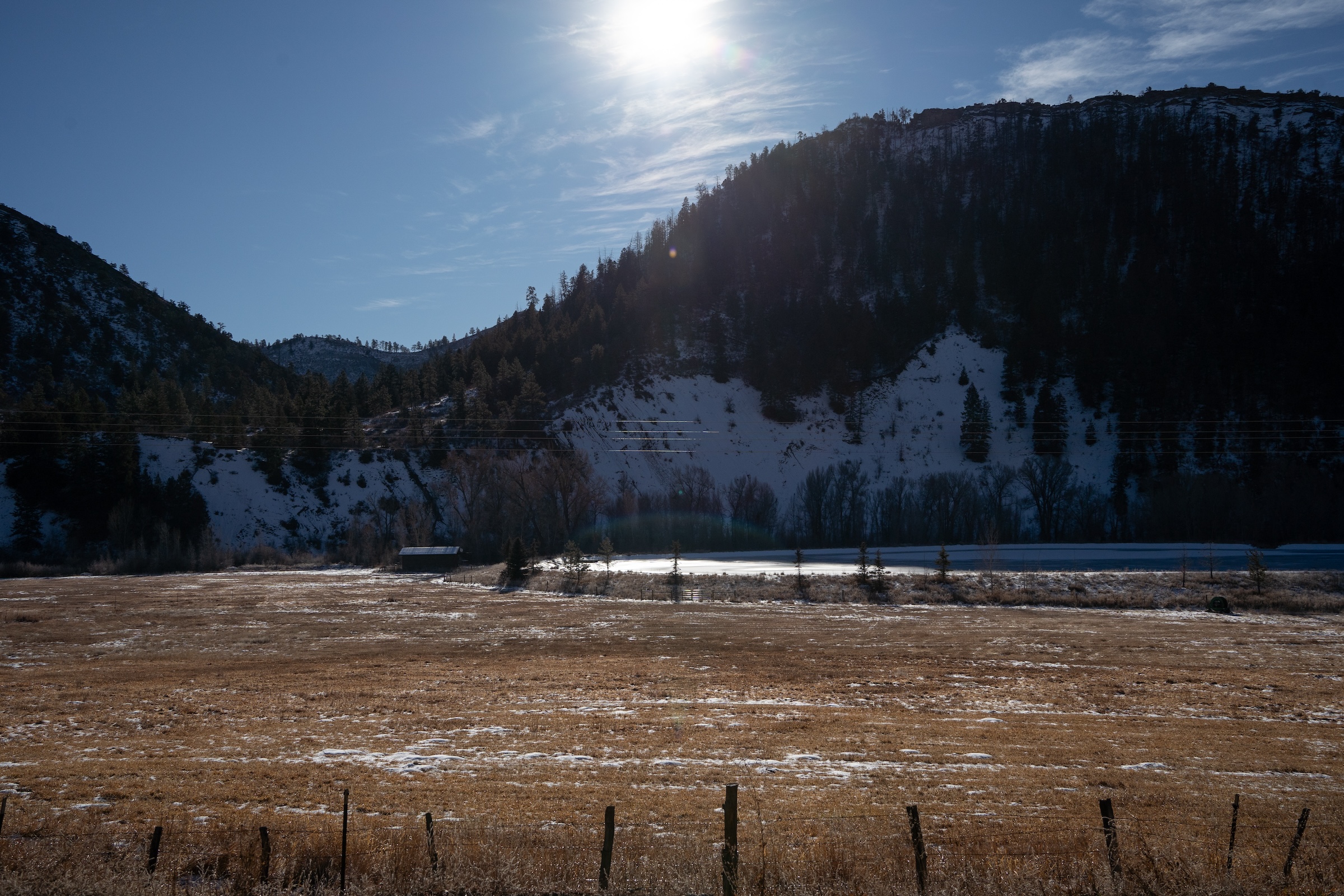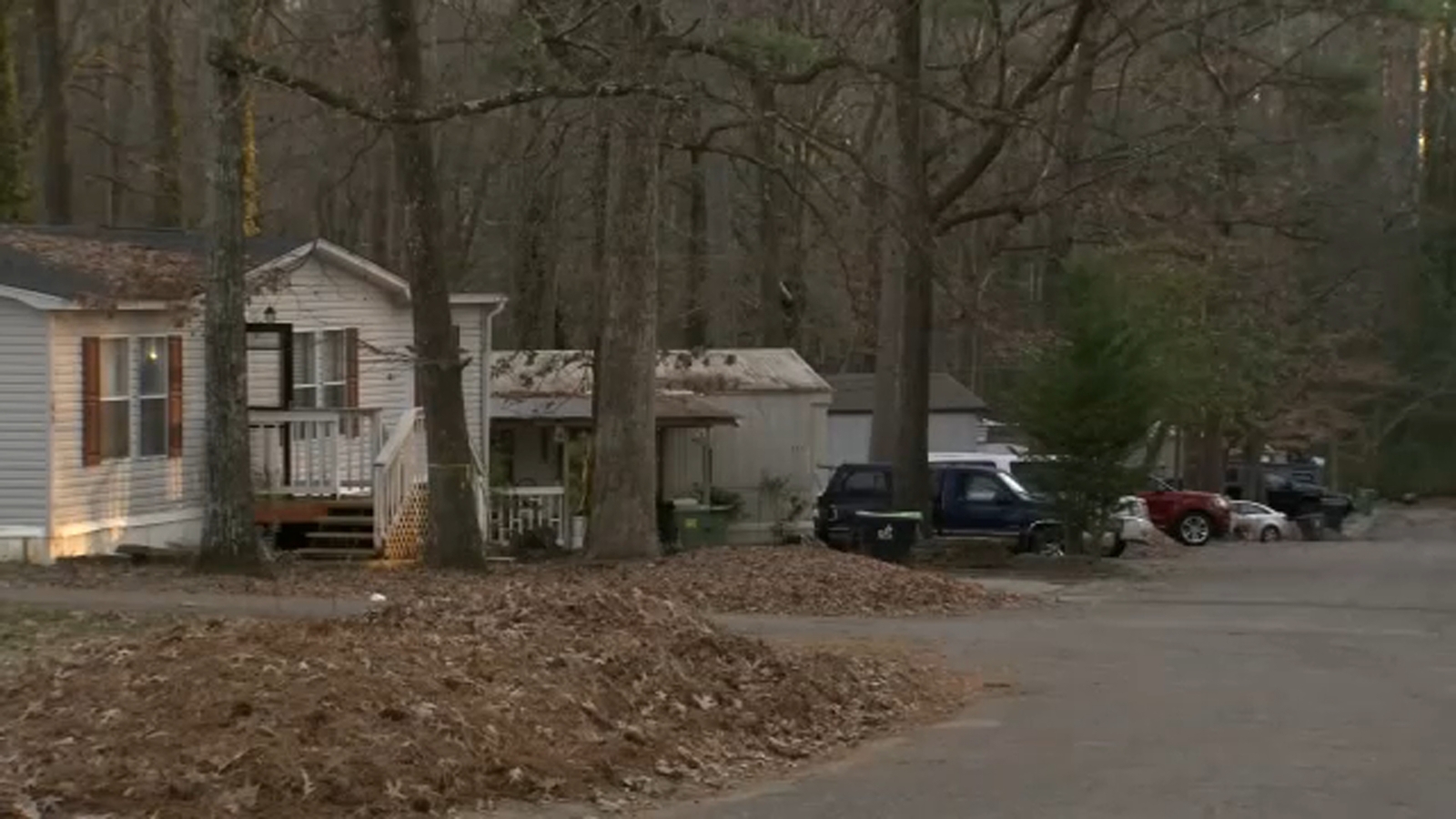P
otential property owners in Colorado often overlook the complexities of Western water law, which can lead to costly mistakes. When buying a property, it's essential to understand the water supply and who provides it. In urban areas, buyers should research their water provider, tap fees, and wastewater systems. They should also ask about water quality, broken sprinklers, and leaky pipes.
In rural areas, properties may come with water rights, wells, and irrigation systems. Buyers need to be aware of ditch easements, which can impact what they can do with the property. Ditch managers and users have legal rights to receive a certain amount of water at specific times and locations during the year. Property owners cannot disrupt the transfer of water or use ditch water without permission.
If a buyer sees a pond or lake on the property, they should ask for the water court decrees attached to the stored water. Unlawful uses of ponds and reservoirs are common, and buyers need to ensure that any water use is lawful. Wells also require attention, with buyers needing to learn about water court decrees and permits related to the well.
Adding new wells can be expensive and come with limitations based on location and property characteristics. Buyers should ask about water quality, contamination, or pressure issues in advance. Water rights can add value to a property but come with restrictions related to where, when, and how much water can be used. New buyers should check the documents related to water rights and consider hiring a water attorney to ensure everything is in order.
To avoid costly mistakes, buyers should ask questions like: Is it actively used? How might this impact what I can and can't do with the property? Who operates the ditch? Can you provide 12 months of water bills? Are there any broken sprinklers or leaky pipes? What is the quality of the water, and are there any contaminants? If there is a septic system, how old is it and where is it located?
Experts recommend that buyers be thorough in their research and don't be afraid to ask questions. There's no such thing as a silly question when it comes to water. By understanding Western water law and asking the right questions, buyers can avoid costly surprises and ensure a smooth transition into property ownership.













